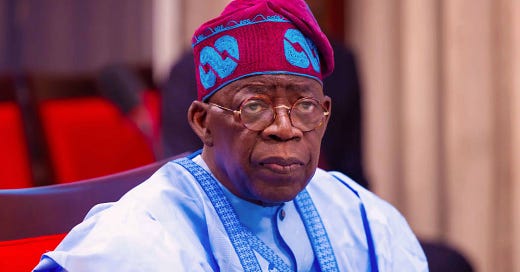Tinubu at Mid-Term: Nigeria’s Modest, Marginal Economic Turn
Two years into President Bola Ahmed Tinubu’s tenure, the Nigerian economy has undergone sweeping transformations, driven by three major reforms: the removal of fuel subsidies, the unification of exchange rates, and the adjustment of electricity tariffs. While these policies were intended to address longstanding fiscal inefficiencies and stimulate private sector-led growth, they have also triggered significant economic and social consequences.
In Tinubu’s first year, the immediate impacts of these reforms rippled through key economic indicators, and the momentum has continued into the second year. Inflation surged, the Naira depreciated, and business operating costs escalated.
Although GDP growth rose from 2.51% in Q2 2023 to 3.84% in Q4 2024, this aggregate improvement has not translated into broad-based welfare gains. Rising poverty, an escalating cost-of-living crisis, and the depreciation of the Naira suggest that the economic recovery remains uneven and exclusionary.
At the start of Tinubu’s presidency in May 2023, Fuel subsidy removal increased the average petrol price from ₦185/litre to over ₦600/litre (a +224% increase). Electricity tariffs were revised, especially for Band A customers, triggering further cost hikes mainly for urban dwellers and MSMEs. Exchange rate unification collapsed the official rate from ₦460/$ to ₦770/$ in 2023, and further to ₦1,500–₦1,650/$ in the first months of 2025.
These moves caused headline inflation, food inflation to increase, and the Naira to depreciate.
Explore Our Publications
We release in-depth research publications and publish compelling data-driven reports on a wide range of topics.





